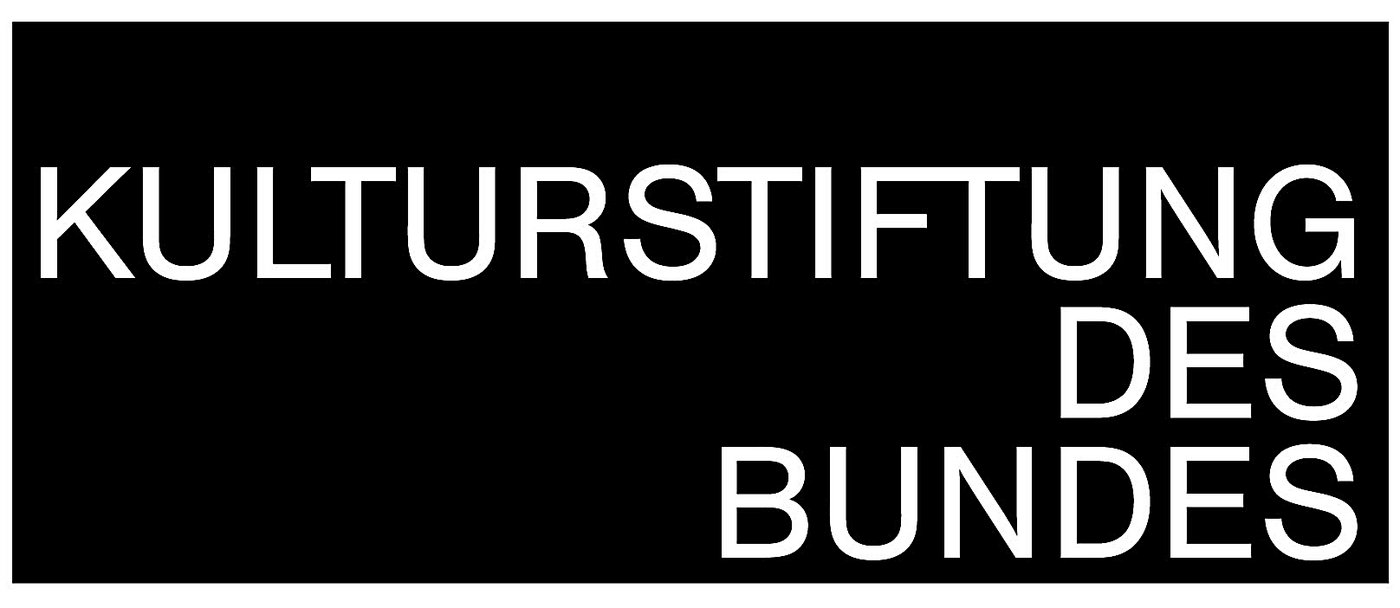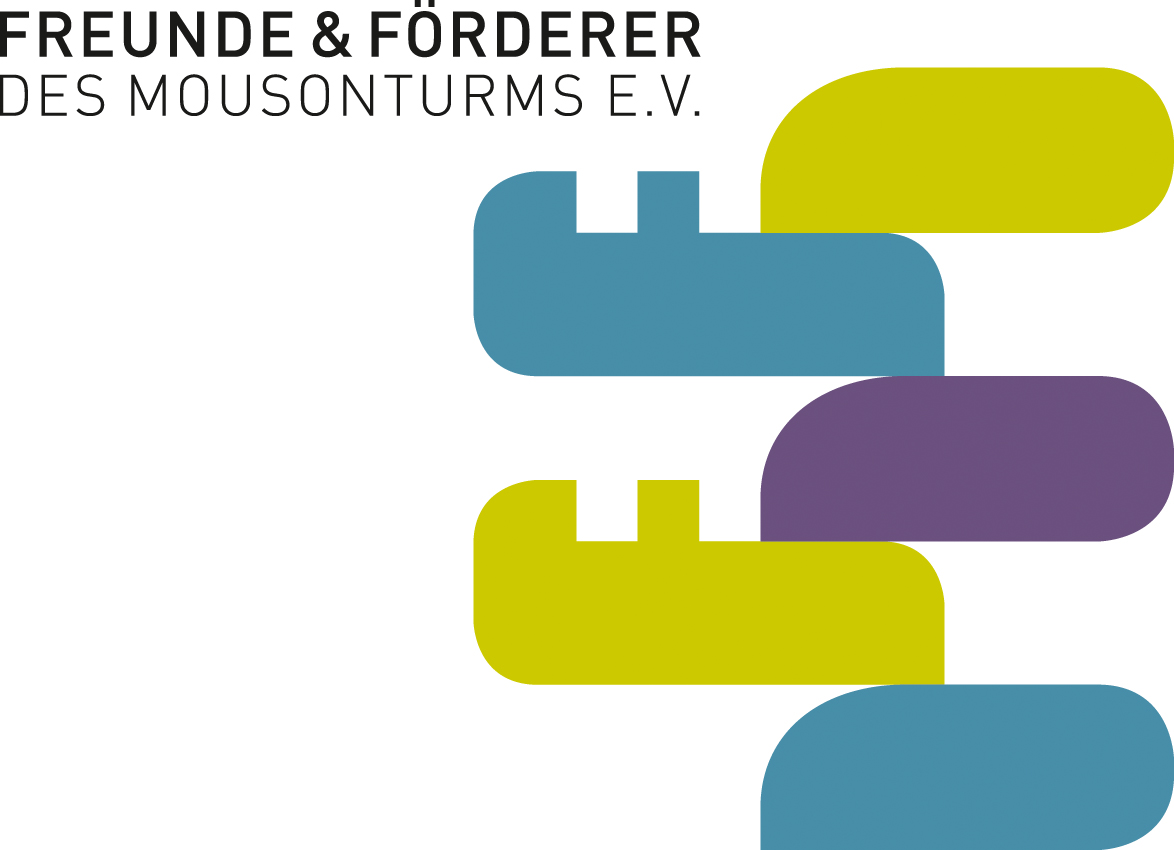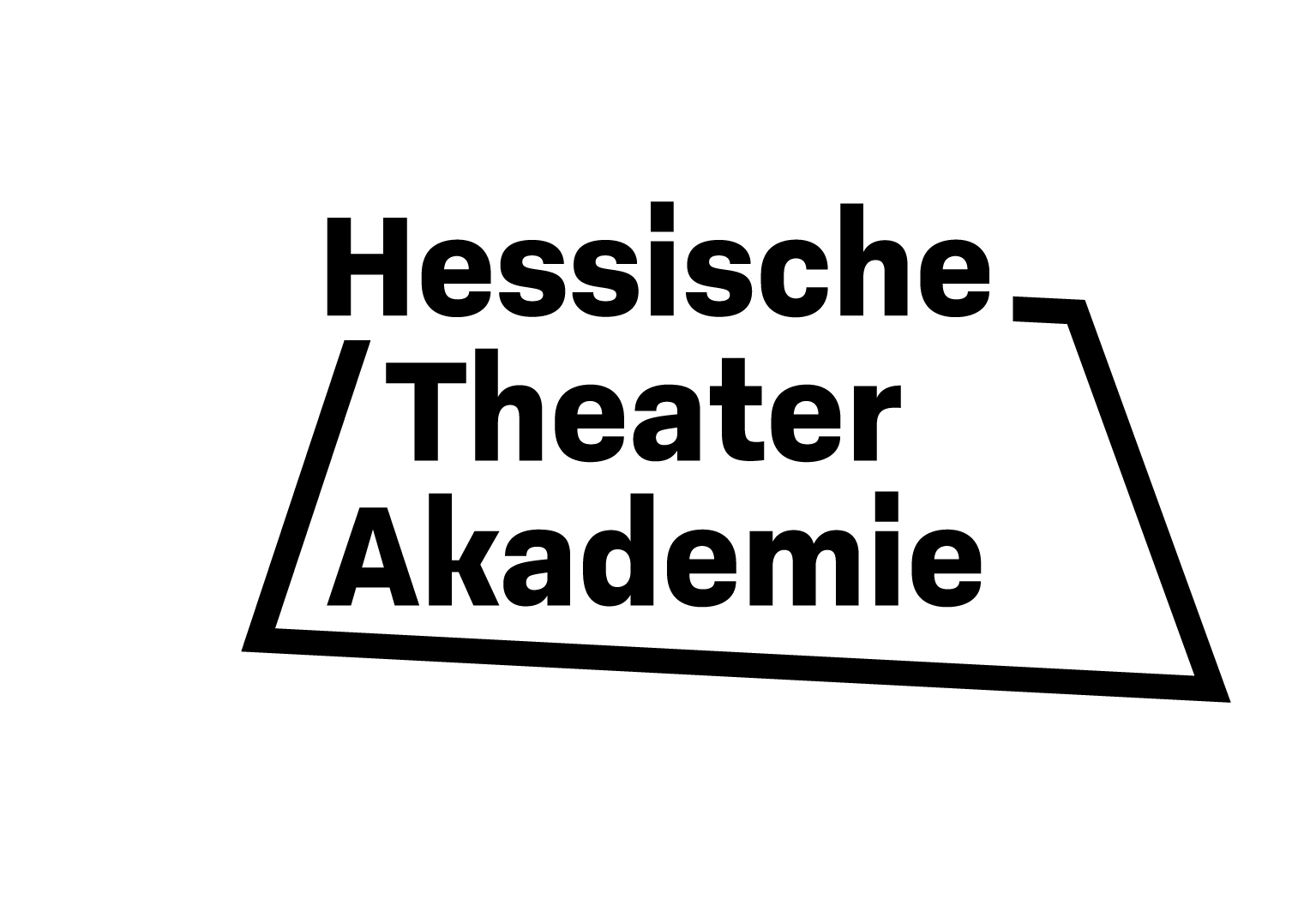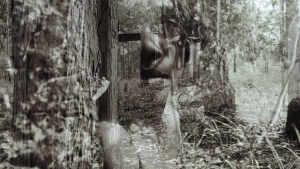Elizabeth A. Povinelli/Karrabing Film Collective
Bodies, Art, and Protection: Imaginaries
Mousonturm
Lecture/Film
- 11.11.2021, 6.30 - 8.00 p.m.Dayticket solidarity pricing system (you choose): € 5 / € 10 / € 20 / € 30, Lecture
- 11.11.2021, 8.30 - 10.00 p.m.Dayticket solidarity pricing system (you choose): € 5 / € 10 / € 20 / € 30, Film
Elizabeth A. Povinelli: Heritability and the Ancestral Present
hosted by: Francesca Raimondi
11.11.2021 6.00 p.m., Lecture
This talk by critical theorist and filmmaker Elizabeth A. Povinelli presents a series of parallel moments in the ancestral present of two clans in order to probe the relationship between Indigeneity and white nativism in the context of settler colonialism. The clans are, on the one hand, the Simonaz clan, patronym, Povinelli, and Bartolot clan, patronym, Ambrosi from Carisolo, Trentino; and, on the other hand, the totemic clans of the Karrabing that stretch along the coastal region of Anson Bay, Northern Territory, Australia. The talk approaches a turn in the politics of difference by tracking how two sets of clans have moved through historical forms of the ancestral present, namely, changing imaginaries of social form, time and heritability; and how these imaginaries emerge from and materially sediment into human bodies and the more-than-human world.
In context of the HTA-Lecture „(Un)settled. Performance, Protection, and Politics of Insecurity”.
Karrabing Film Collective: Day in the Life & The Mermaids, or Aiden in Wonderland
11.11.2021 8.30 p.m., Film
Karrabing Film Collective, an Indigenous media group based in Australia’s Northern Territory, uses filmmaking and installation as a form of grassroots resistance and self-organisation. “Day in the Life” (2020) explores the obstacles Indigenous families face as they move through an ordinary day. Across five chapters – Breakfast, Playtime, Lunch Break, Cocktail Hour, and Dinner Time – and an audio-scape directed by its younger members, it is a visual and sonic landscape that dramatises and satirises the settler forms of governance and extractive capitalism that Karrabing members encounter.
“The Mermaids, or Aiden in Wonderland” (2018): In the not-so-distant future, Europeans can no longer survive for long periods outdoors in a land- and seascape poisoned by capitalism, but Indigenous people seem able to. A young Indigenous man, Aiden, taken away when he was just a baby to be a part of a medical experiment to save the white race, is released into the world of his family. As he travels with his father and brother across the landscape, he confronts two possible futures and pasts.
Language: English
The day ticket is valid for all events within “Bodies, un-protected” on the day of validity.
Admission is only possible with proof of negative Corona status (tested, vaccinated or recovered). In case of test detection, the negative result of a PCR test must be submitted and the test must not have been performed more than 48 hours ago. General rules of hygiene and physical distancing must be observed. The event will operate at not full audience capacity. Wearing a medical mouth-nose covering is mandatory everywhere, also when seated. More information on Hygiene and Safety.
The lecture by Elizabeth A. Povinelli is also available via stream (on Zoom). No registration needed.
Admission: hfmdk-frankfurt.zoom.us/j/82192661889?pwd=WWhma2s0VXFEOG9iNXgxRU9hTW5lQT09
Meeting-ID: 821 9266 1889
Kenncode: 025612
Cast & Credits
Curation: Sandra Noeth
A programme by Künstlerhaus Mousonturm Frankfurt am Main. Funded by the German Federal Cultural Foundation, Goethe-Institut, Freunde & Förderer des Mousonturms e.V. and Rudolf Augstein Foundation. Supported by Inter-University Centre for Dance Berlin (HZT). In cooperation with the HTA Lecture Series “(Un)settled. Performance, Protection, and Politics of Insecurity” an event of the Institut für Angewandte Theaterwissenschaft of Justus-Liebig-Universität Gießen in cooperation with the Inter-University Centre for Dance Berlin (HZT) and Kunstakademie Düsseldorf, fundeded by the Hessische Theaterakademie.







Biography
Elizabeth A. Povinelli
Elizabeth A. Povinelli is a critical theorist and filmmaker. Her critical writing has focused on developing a critical theory of late settler liberalism that would support an anthropology of the otherwise. This potential theory has unfolded across five books, numerous essays, and thirty-five years of collaboration with her Indigenous colleagues in north Australia including, most recently, six films they have created as members of the Karrabing Film Collective. Her recent books “Geontologies: A Requiem to Late Liberalism” was the 2017 recipient of the Lionel Trilling Book Award and “The Cunning of Recognition” was an Art Forum Best Book of the Year.
Biography
Karrabing Film Collective
Karrabing Film Collective, an Indigenous media group based in Australia’s Northern Territory, uses filmmaking and installation as a form of grassroots resistance and self-organisation. The collective includes approximately 30 members –predominantly living in the Belyuen community – who create films and accompanying art installations together using an “improvisational realism” that opens a space beyond binaries of the fictional and the documentary, the past and the present. Meaning “low tide” in the Emmiyengal language, “karrabing” refers to a form of collective outside of government-imposed strictures of clanship or land ownership. Shot on handheld cameras and phones, most of Karrabing’s films dramatise and satirise the daily scenarios and obstacles that collective members face in their various interactions with corporate and state entities. Composing webs of nonlinear narratives that touch on cultural memory, place and ancestry by freely jumping in time and place, Karrabing exposes and intervenes into the longstanding facets of colonial violence that impact members directly, such as environmental devastation, land restrictions and economic exploitation. The Karrabing Film Collective has presented its work at IMA Brisbane; MoMA-PS1, Van Abbemuseum, Eindhoven; Institut fur Auslandsbeziehungen, Berlin; Jakarta Biennale; Centre Pompidou, Paris; e-flux, New York; Wexner Center for the Arts, Columbus, Ohio; Tate Modern, London; Documenta 14, Kassel; the Melbourne International Film Festival; Berlinale, Forum Expanded; and Biennale of Sydney; Center for Contemporary Arts, Shanghai among others. They have received numerous prizes and commissions including 2021 Eye Award, Eye Filmmuseum, Amsterdam; 2020 Special Mention, Film Victoria Erwin Rado Award for Best Australian Short Film for “Day in the Life”, MIFF; 2015 Visible Award; and the 2015 Cinema Nova Award Best Short Fiction Film, Melbourne International Film Festival.

